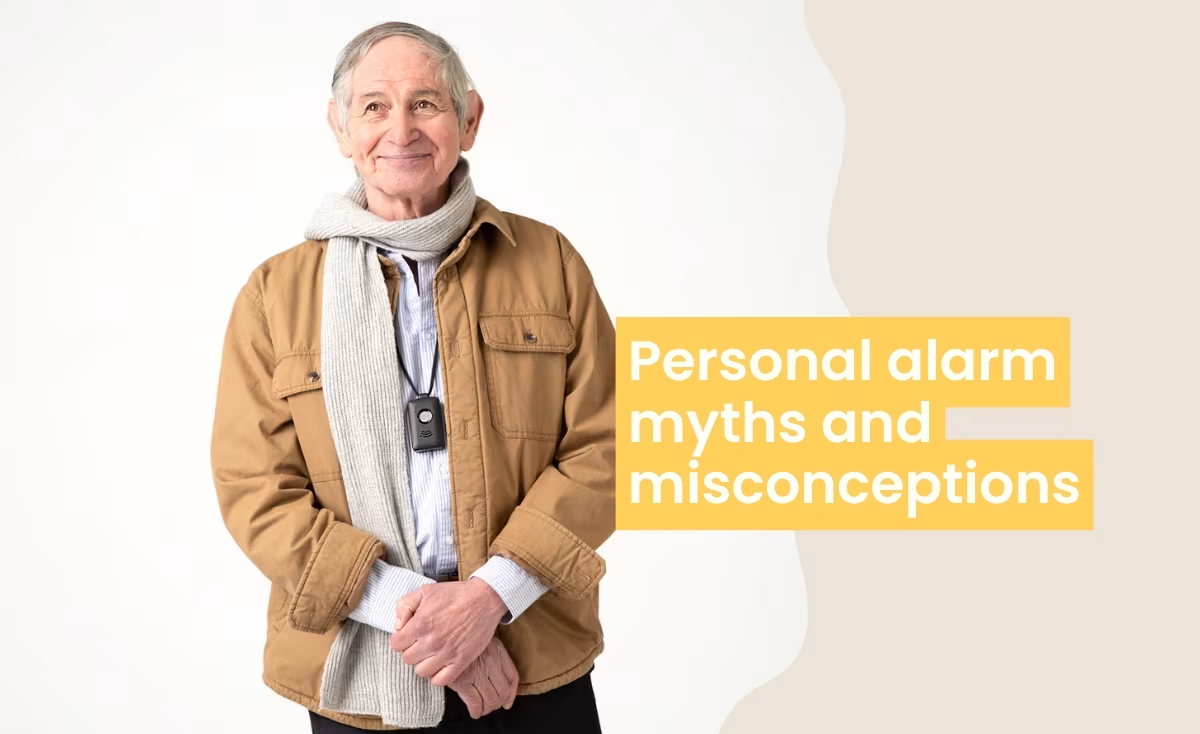6 Essential Tips for Staying Active and Healthy After 65

Ageing is a journey filled with wisdom, treasured experiences, and opportunities to grow in new and exciting ways. Staying active—both physically and mentally—is one of the best ways to ensure that you enjoy this chapter of your life to the fullest. While it may be tempting to slow down and take it easy, staying physically and mentally active has many benefits that contribute to your overall wellbeing and quality of life. Think of it as a long-term investment with excellent returns.
The good news is, staying active is for everyone, no matter your age or ability, and it's never too late to start.
Here are our 6 essential tips for how to stay active and embrace the best years of your life:
1. Strengthen Your Social Circle
Being active in the community is a great way to stay connected and prevent feelings of isolation or loneliness, which have been shown to have an adverse impact on mental health and overall wellbeing. Spending time with friends, neighbours, or local groups can be incredibly fulfilling, giving you joy, a sense of belonging and support during challenging times. For seniors, having trusted people nearby who can check in or provide assistance can also be crucial in preventing incidents and emergencies.
2. Boost Your Physical Activity
Staying active is one of the most important things you can do for your health. Not only does it improve your strength and give you vitality and energy, it can also help you sleep better, maintain a healthy weight and reduce the risk of falls by 23%. There's even evidence that regular exercise can reduce the risk of health issues, like high blood pressure, high cholesterol, type 2 diabetes, bone and joint problems, heart disease and even some cancers.
Many activities, like brisk walking, swimming, cycling, and even mopping or vacuuming, can keep you fit and healthy. For people aged 65+, it is recommended to do at least 30 minutes of moderate exercise on most days.
Learn how to incorporate physical activity into your day →
3. Prioritise Your Health
Making smart food choices and maintaining a healthy weight can enhance longevity and may even help improve brain function. Eating well is not just about weight management. Choosing the right nutrition, including fresh fruits and vegetables, whole grains, healthy fats, and lean proteins, can help improve your overall health and wellbeing.
Visiting your doctor for regular health check-ups is also essential for healthy aging. According to a 2021 study, regular screenings can help identify chronic diseases early and reduce risk factors, such as high blood pressure and cholesterol levels. It is also beneficial for managing chronic conditions, monitoring medications, and ensuring you're in the best shape.
4. Keep Your Mind Sharp
Mental activity works wonders to promote your cognitive health and reduce risks of mental decline and dementia. Whether it’s solving puzzles, reading, learning a new skill or participating in creative activities such as music or art, keeping your mind active can help you maintain a sharp mind and a positive outlook, and fend off Alzheimer's disease and dementia.
5. Find a Sense of Purpose
Being involved in the community can give you a renewed sense of purpose and boost your self esteem. Volunteering, mentoring or lending a hand to a cause that’s close to your heart can make every day feel meaningful. Sharing your time, skills and expertise with others not only enriches their lives but can fill yours with renewed purpose and joy. It can also be an opportunity to try new things and embrace experiences that expand your horizon.
6. Focus on Safety
Safety is so important for seniors because it ensures not just physical wellbeing, but also independence and peace of mind. As we grow older, things like balance or mobility can change, and small risks—like a slippery rug or dim lighting—can become bigger concerns. By taking simple steps to stay safe, such as removing trip hazards, installing guard rails or using assistive devices such as monitored personal alarms, you can continue to enjoy life on your own terms.
Safety measures also bring comfort to family and friends, knowing their loved one has the support they need if something unexpected happens. Prioritising safety is a meaningful way to honour yourself and the life you cherish. By creating a secure environment, you can embrace each day with confidence and peace of mind, free from unnecessary worries.



.png)

